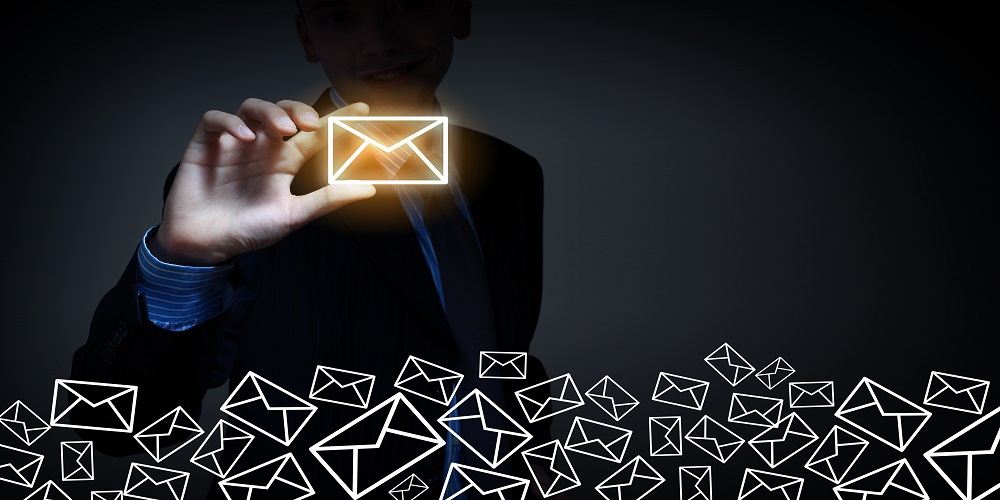“On the internet, no one knows you’re a dog… But that’s no excuse for poor manners!” — a recent “Talks at Google” presentation quipped. The talk was given by Wired UK senior editor Victoria Turk and focused on digital etiquette in email (since pretty much everyone in the working world uses it to some extent).
Her points were based on the premise that most people don’t necessarily enjoy using and responding to email, citing a study which found office employees were more stressed the more they used it.
With that central tenement at the helm, she came up with a list of digital etiquette best practices surrounding email (see the full presentation above). Here are a few of them:
When To Send Email?
- when you’ve set a reasonable expectation for reply — talking to you, people who reply to email wayyy outside of normal business hours! This stresses the rest of us out
- when you’re confident the body of your email is written in a voice that assumes your addressee is smarter than you, cares more about the topic than you, and is busier than you
- when you’re confident in the difference between being rude and being brief — it’s a fine line, but always assume the golden rule of “if I received an email that read like this, would I be worried?”
DON’T Use Email If:
- you’re hoping to start a large discourse or debate on a topic — yes, an actual MEETING is better! (plus, more meetings isn’t necessarily a bad thing for the Pro AV industry, right?)
- you’re searching for an immediate response
- you need to convey great nuance or sensitivity — facial expressions do a lot to convey meaning, so if you’re dealing with particularly sensitive information, it’s often better to meet in person or conduct a video chat
Common Email Translations
- “Hope you’re well!” really just means “small talk over, now here are my demands” — it comes off as inauthentic, and besides, there’s no reason to ask about someone’s health unless there’s been a recent situation
- “Not sure if you saw my last message” actually means “I KNOW you saw my last message, what gives?!”
- “Does that make sense?” comes off as “are you stupid?” — kind of pedantic, eh?
- “Thanks in advance!” is really “try getting out of this one!“
Related: You Have Money to Invest in Your Audio Visual Business: How to Spend It
Acceptable sign-offs for digital etiquette
- best wishes,
- best,
- all the best,
These are inoffensive, non-presumptuous, and just formal enough. Avoid “BW,” “kind regards,” “cheers,” “thanks/thanks in advance.”






































